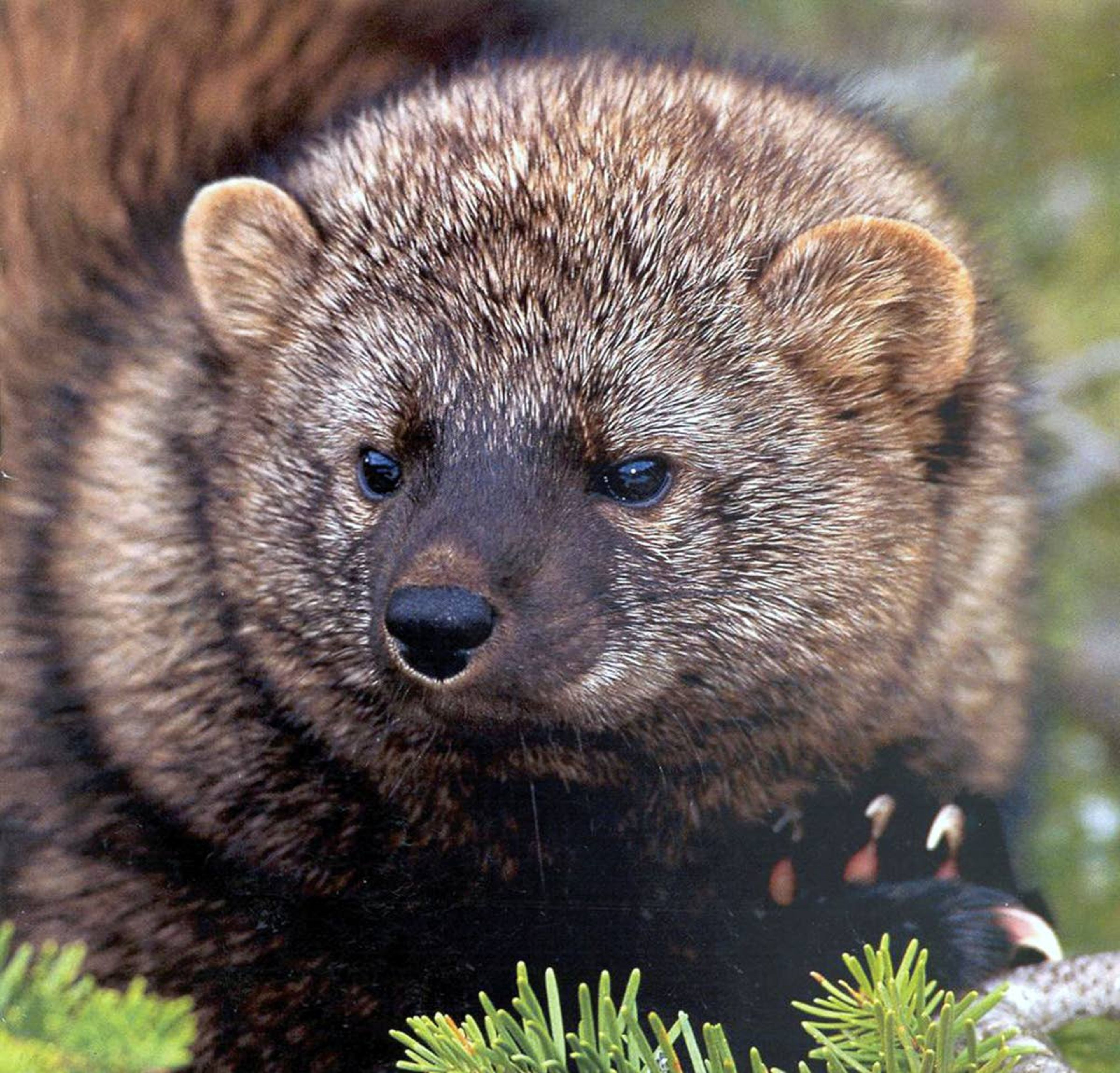Groups want trapping ban to aid Montana’s fishers
BILLINGS, Mont. — Wildlife advocates on Tuesday urged Montana officials to ban trapping along much of the state’s border with Idaho to protect an isolated population of cat-sized predators living in old-growth forests.
Representatives of five environmental groups said in a petition to Montana wildlife commissioners that trapping is a serious threat to the Northern Rockies fisher, a fanged predator that feeds on porcupines and once ranged across at least five states.
They are now limited to an area straddling the Montana-Idaho border.
As many as 100 of the animals were killed in Montana between 2002 and 2016. Idaho prohibits fisher trapping, but 86 were killed by trappers in the state accidentally in the same time period, according to a recent report from the U.S. Fish and Wildlife Service.
There’s no reliable population estimate for the animals.
Like their larger cousins, wolverines, fishers are carnivores and members of the weasel family. They’re among the few species to prey on porcupine, which fishers kill head-on by striking repeatedly at the porcupine’s head and flipping it onto its back to expose its unprotected stomach.
Federal wildlife officials in 2017 said fishers were not in danger of extinction after a months-long review found no evidence of decline because of trapping, climate change, logging or other potential threats.
They are listed as a “species of concern” in Montana, which means the population is considered at-risk because of decline, the loss of habitat or other factors. However, the designation carries no legal weight, and the wildlife advocates sponsoring Tuesday’s petition said more stringent protections are needed.
“We don’t even have population numbers, so it’s important to protect all individual” fishers, said Andrea Santarsiere with the Center for Biological Diversity. “It’s hard to get at (accidental) trapping without stopping trapping in all areas that fishers occupy.”
Montana’s 2018-19 trapping season for fishers closed Saturday after four animals, including one female, were killed, fulfilling the season quota.
Fish, Wildlife and Parks spokesman Greg Lemon said the small quota provides trappers with an opportunity to kill some of the animals without a threat to the overall population.
“It’s an opportunity for folks to get outdoors and pit their wits against those furbearing creatures,” Lemon said. “It’s an activity that we license, and it’s certainly managed. The population can withstand it.”
Montana Trappers Association President Jim Buell said a total ban on trapping in part of the state would create problems in inhabited areas because there would be no way to control “pest-type animals” such as skunks and raccoons.
Buell declined to comment on the status of fishers.









